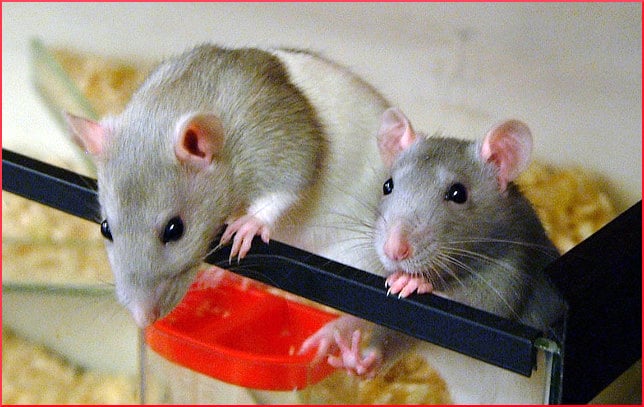
Many aspects of the food addiction (FA) concept can be discussed extensively, including whether we are talking about a substance addiction or a behavioral addiction, or both, or neither; and even whether there are more than two main camps.
Discussing FA is tricky because a good argument can be made that it is a behavioral addiction to one or more of an assortment of displacement behaviors including biting, chewing, licking, sucking, crunching, swallowing, etc. Yet at the same time, it is undeniable that what these people eat is food. Sure, in a few exotic cases people cannot stop eating styrofoam or mattress stuffing. But for the vast majority, what they are eating is food (or at least it is marketed as such).
One belief is that what is called food addiction is actually a subset of drug addiction. While some edible substances apparently have a drug-like effect on the brain, this is by no means a blanket truth. The conditions characterized as sex addiction and love addiction also produce endogenous chemicals like oxytocin, but relating this to someone who scarfs down a pound of potato chips at one sitting is a stretch.
In “The View from Rat Park,” Bruce Alexander explained how rats who had morphine available consumed a lot more of it when they were isolated:
This fact definitely undermined the supposed proof that certain drugs irresistibly cause addiction. [T]he drug only becomes irresistible when the opportunity for normal social existence is destroyed.
Under such conditions, both rats and people consume too much of whatever drug is made easily accessible to them. [I]t is not too early to be sure that the old theory that addiction is a problem caused by addictive drugs is far too simple…
Moreover, it has become absolutely clear that drug and alcohol addiction is only a corner of a much larger addiction problem!
A basic difficulty in this type of study is that lab subjects and lab conditions are very different from real life. Of course, lab conditions must be strictly controlled, and much discipline must be observed. Some argue that there is no way to know what rats are feeling, which is a good point. We can only presume from the way they act. Rat Park showed that the closer the conditions are to real life — i.e., replete with variables — the more difficult it becomes to tease out meaningful differences in response to any single stimulus.
When trying to measure or observe something, a slew of variables will definitely complicate matters. Rat Park showed what happens when variables are introduced. A creature with the potential to become a junkie is presented with the opportunity to take another path. There are toys, frisky playmates, and intriguing corners to hide in. When the environment contains things other than a morphine dispenser, the world is a different place, and you get a different kind of rat.
Some researchers have invested a great deal of credence in the idea that there is an orderly and inevitable progression from trying a substance for the first time to becoming a bona fide addict. As H. Ziauddeen and P. C. Fletcher put it,
Seminal models of drug dependence have characterized a set of core processes involved in the transition from drug taking to drug dependence. There is little consistent data across these various studies and the findings thus far do not support an addiction model or indeed any one model of altered brain function in obesity.
In “Is food addiction a valid and useful concept?” the authors concluded that evidence for its existence in humans is actually rather scarce, and it is “clear that an addiction model has a limited, if any, place in understanding obesity.”
Your responses and feedback are welcome!
Source: “Addiction: The View from Rat Park,” BruceKAlexander.com,
Source: “Is food addiction a valid and useful concept?,” NIH.gov, January 2013
Image by Matt/CC BY-SA 2.0

 FAQs and Media Requests:
FAQs and Media Requests: 











